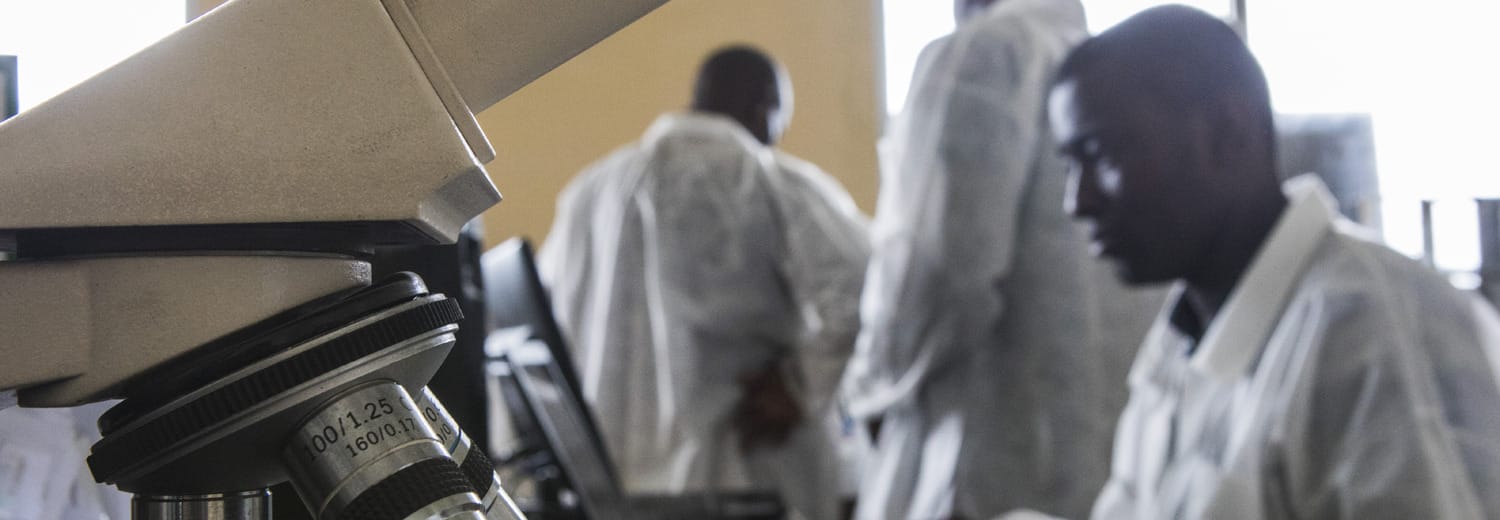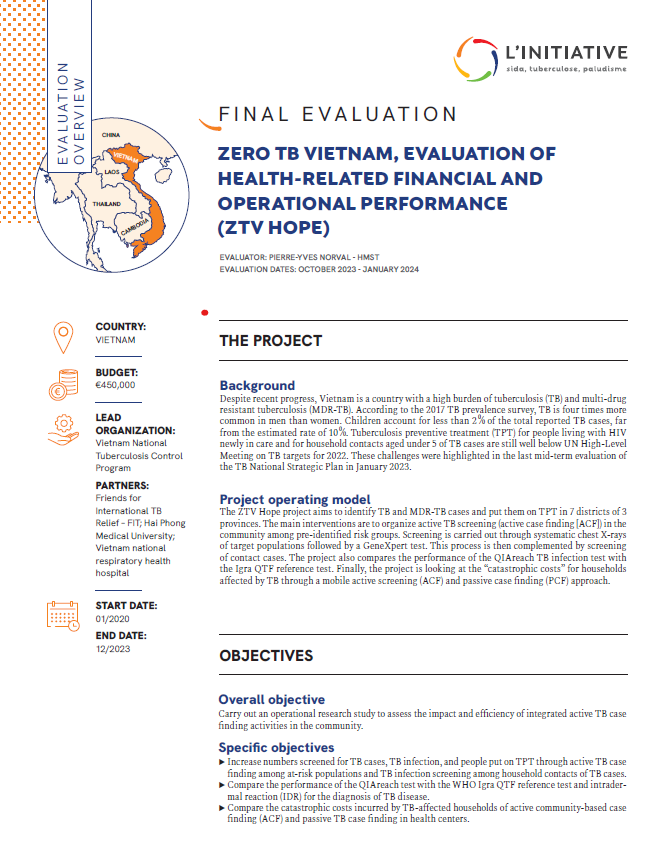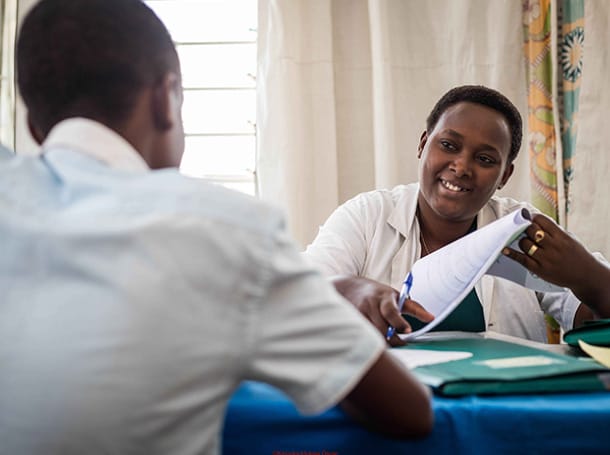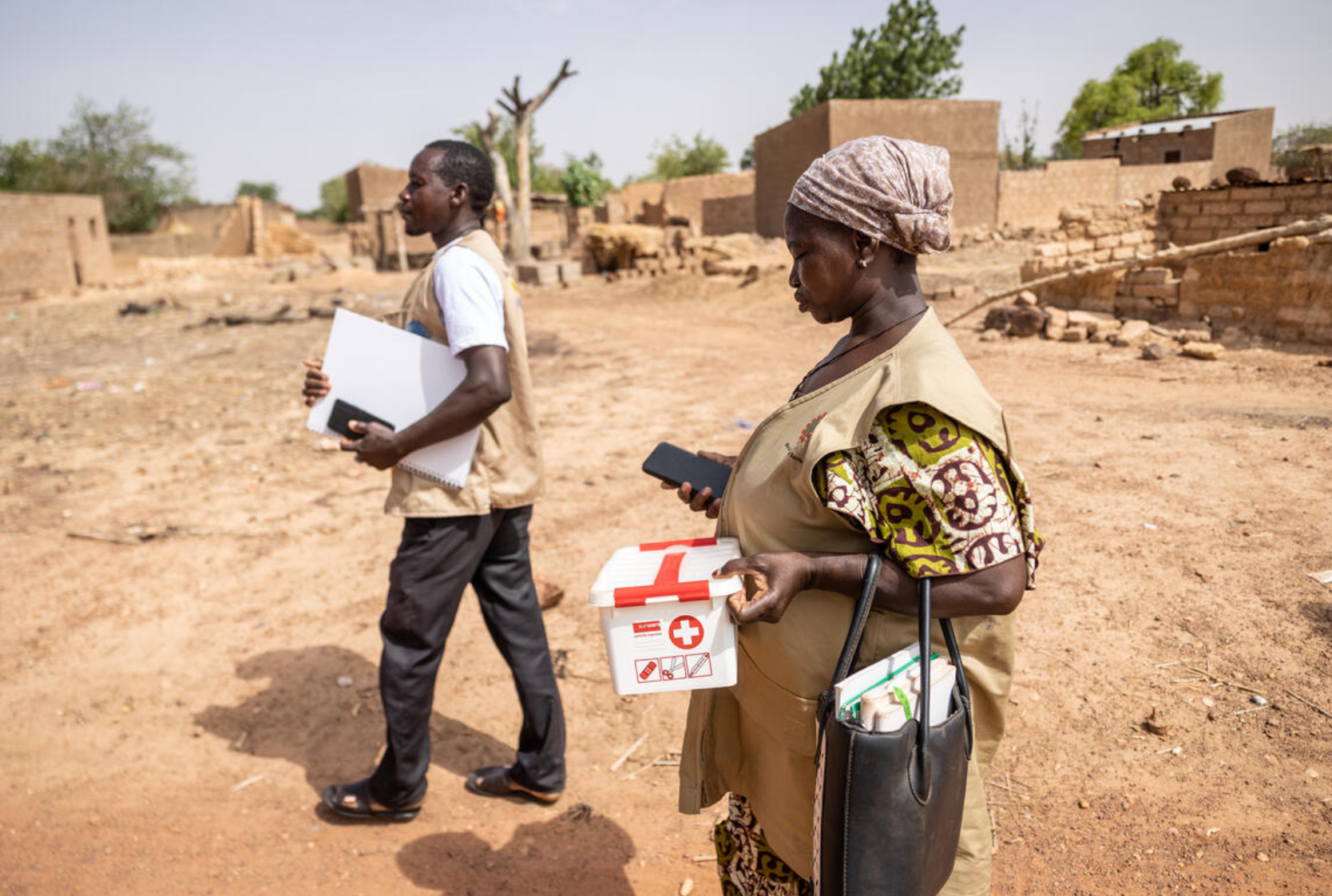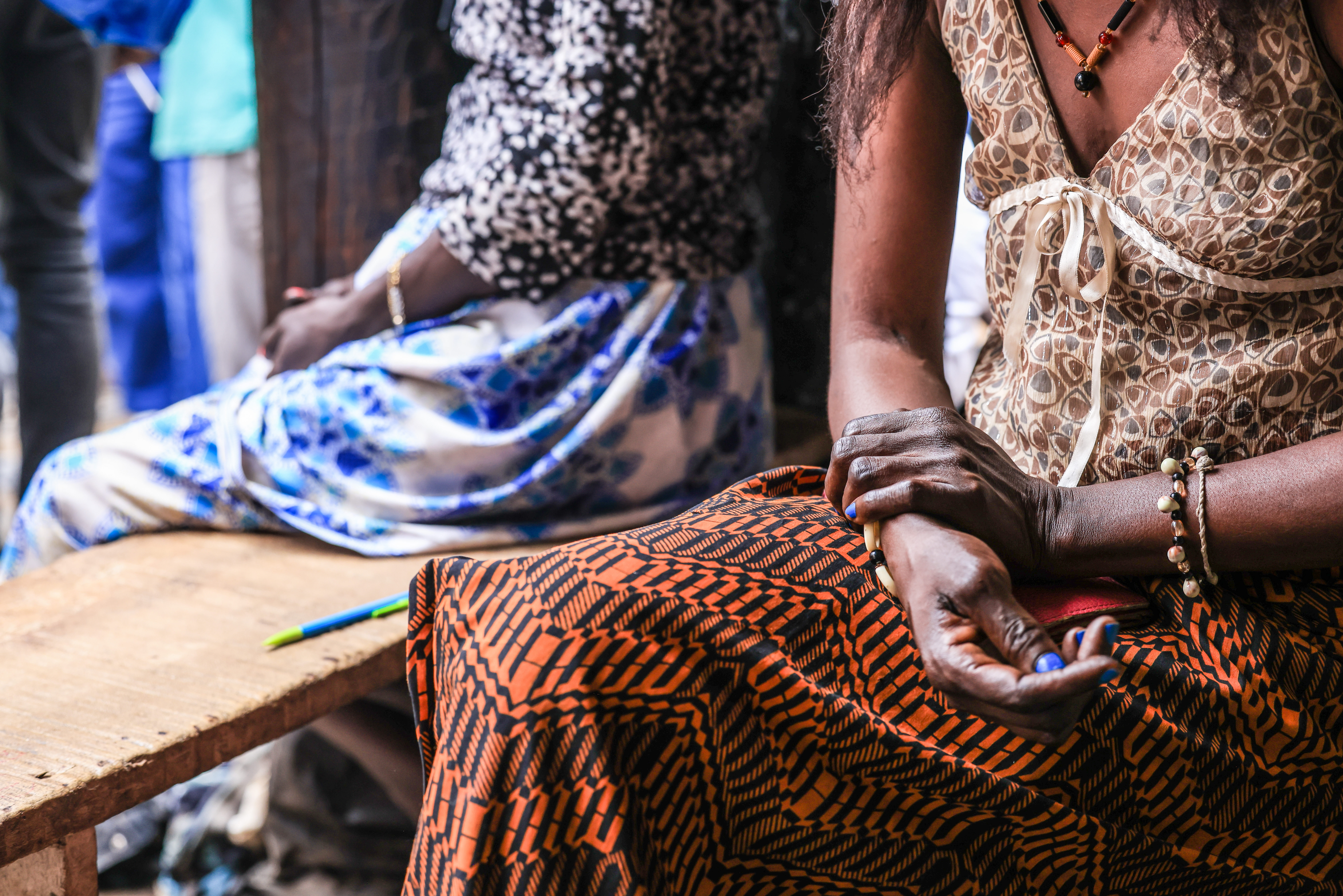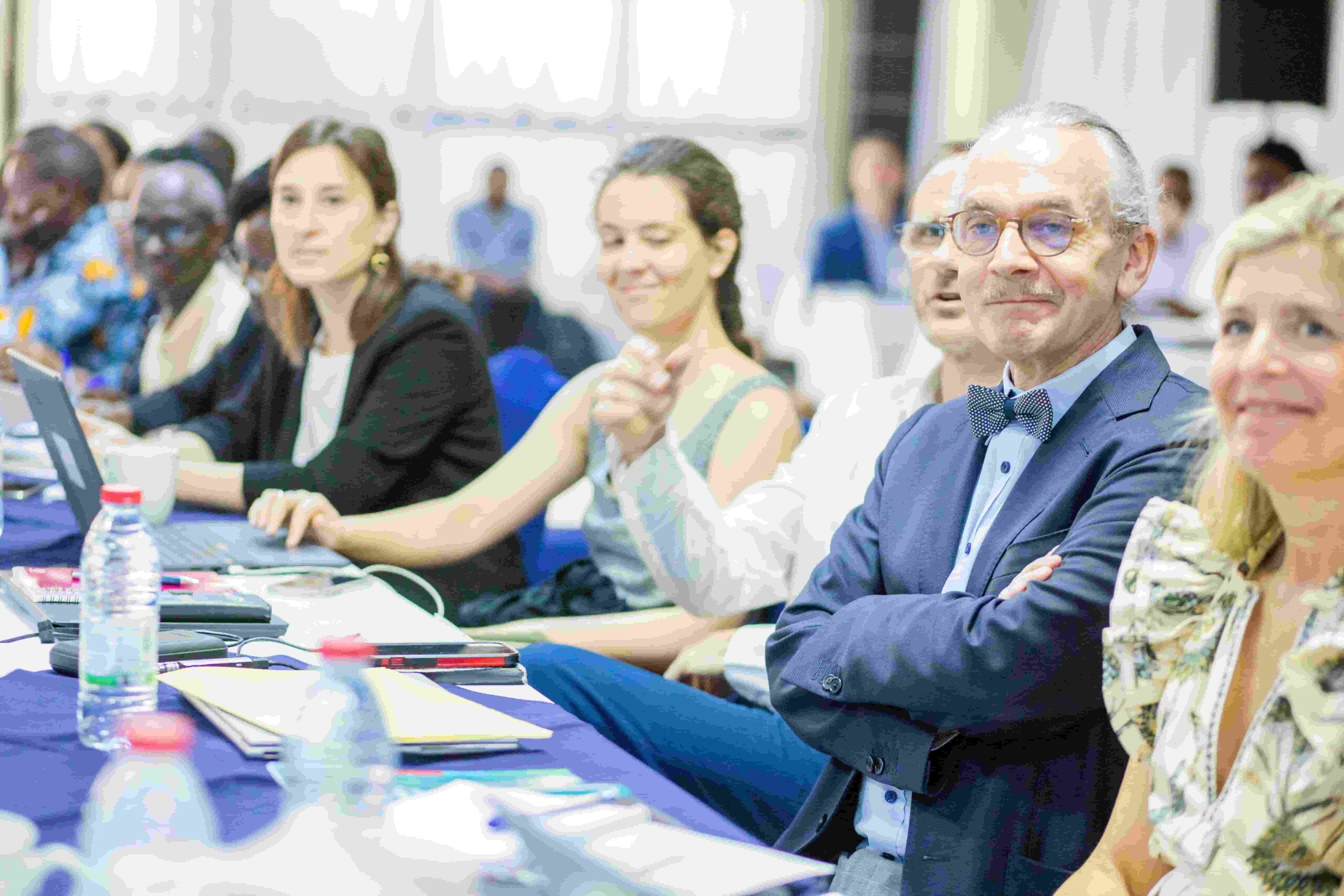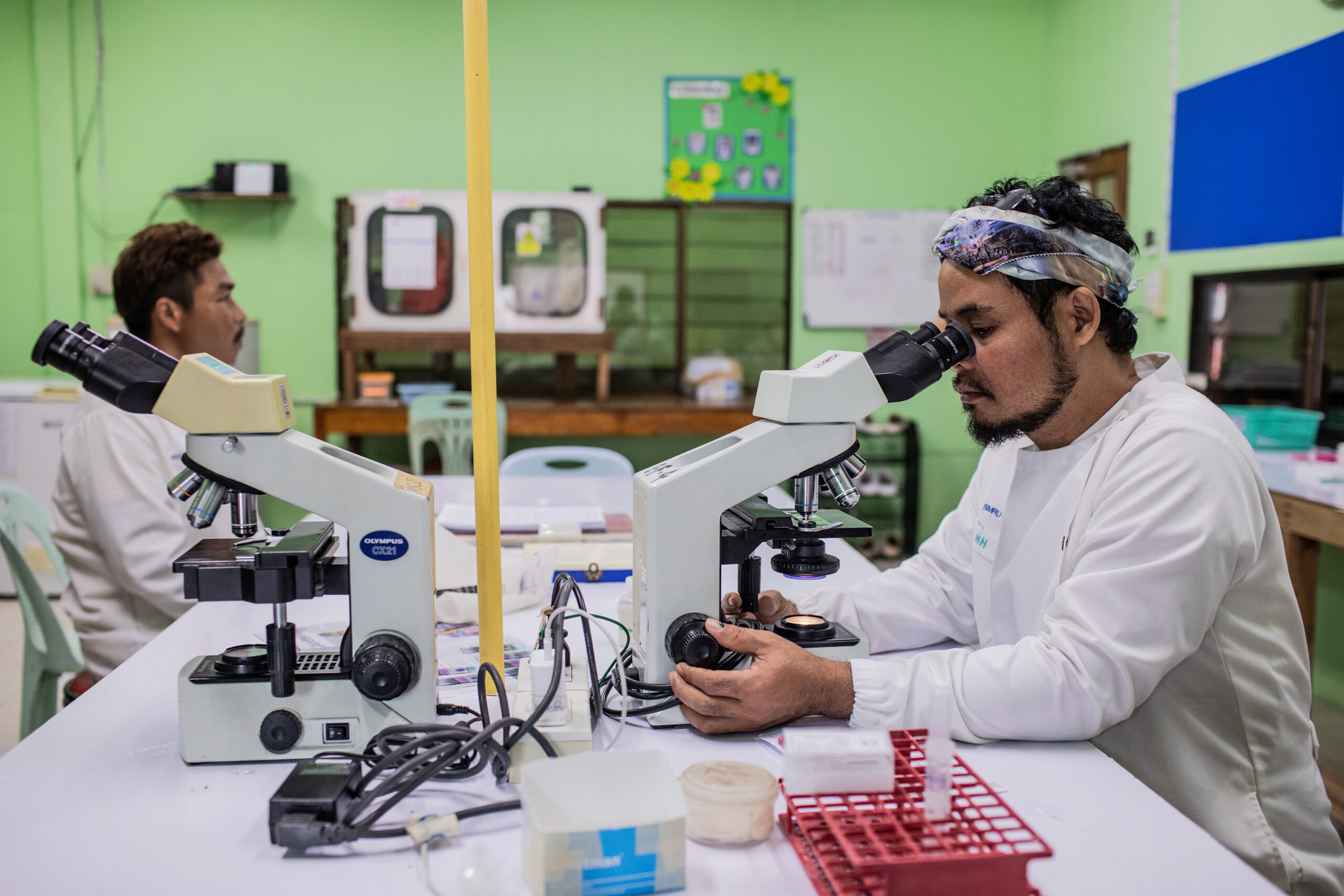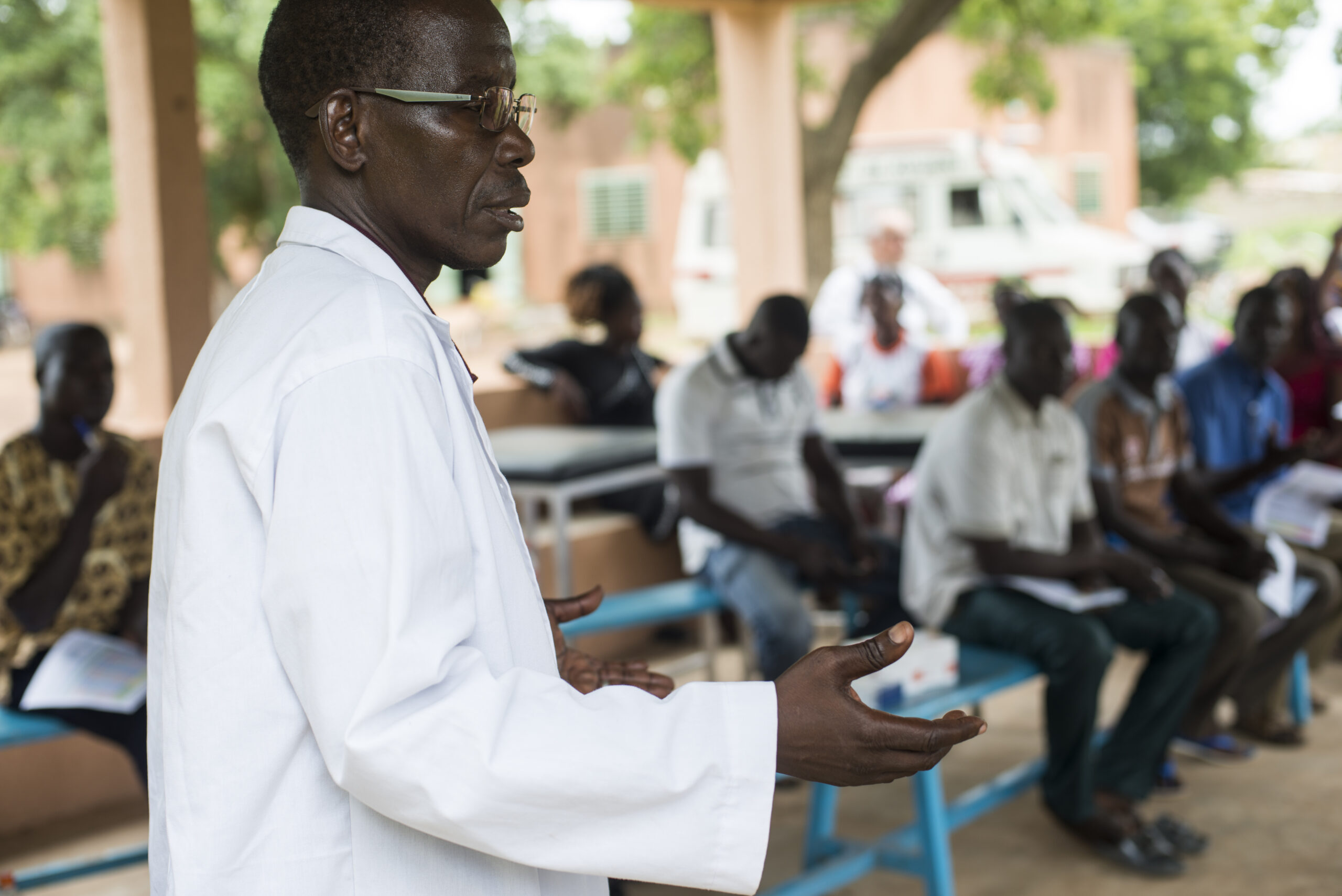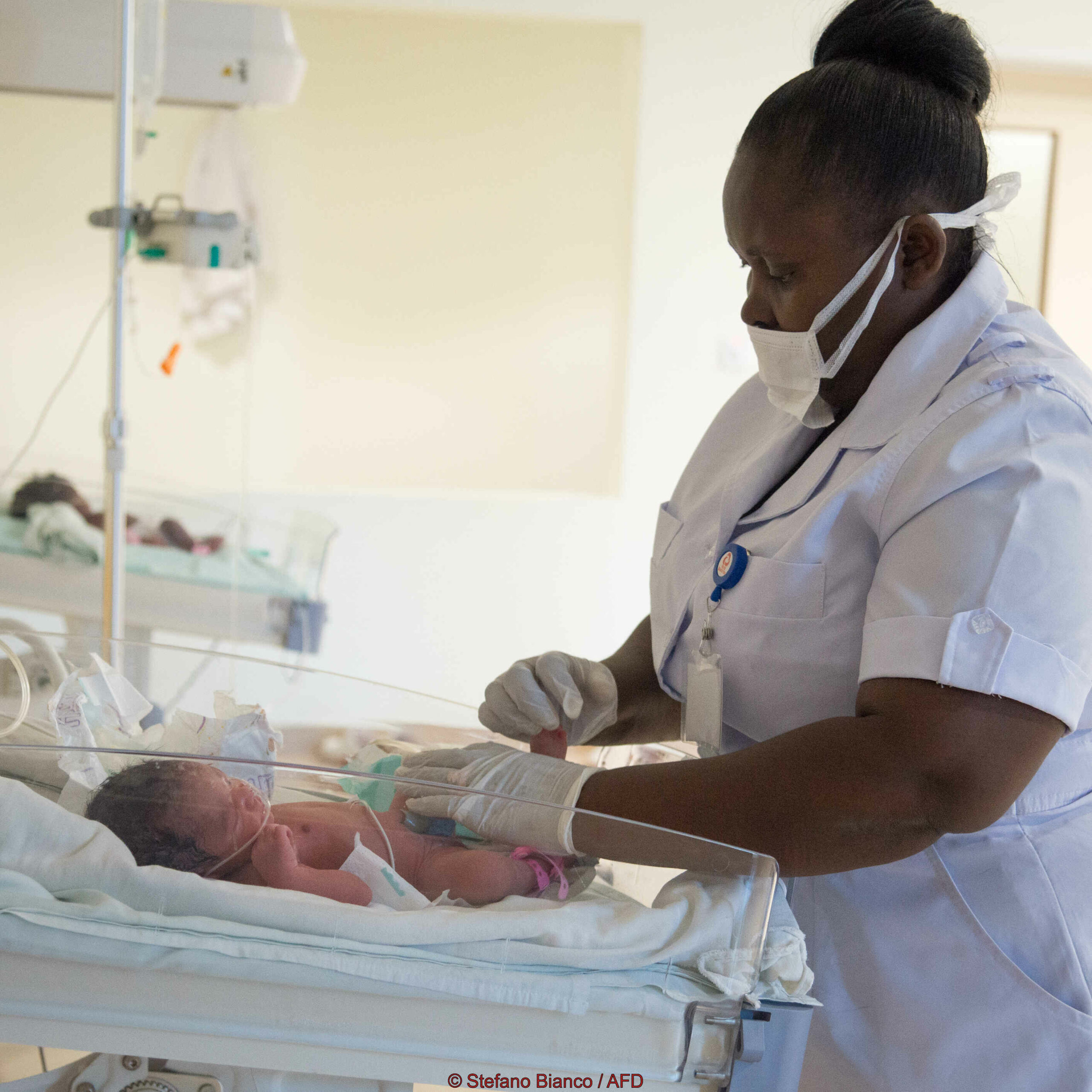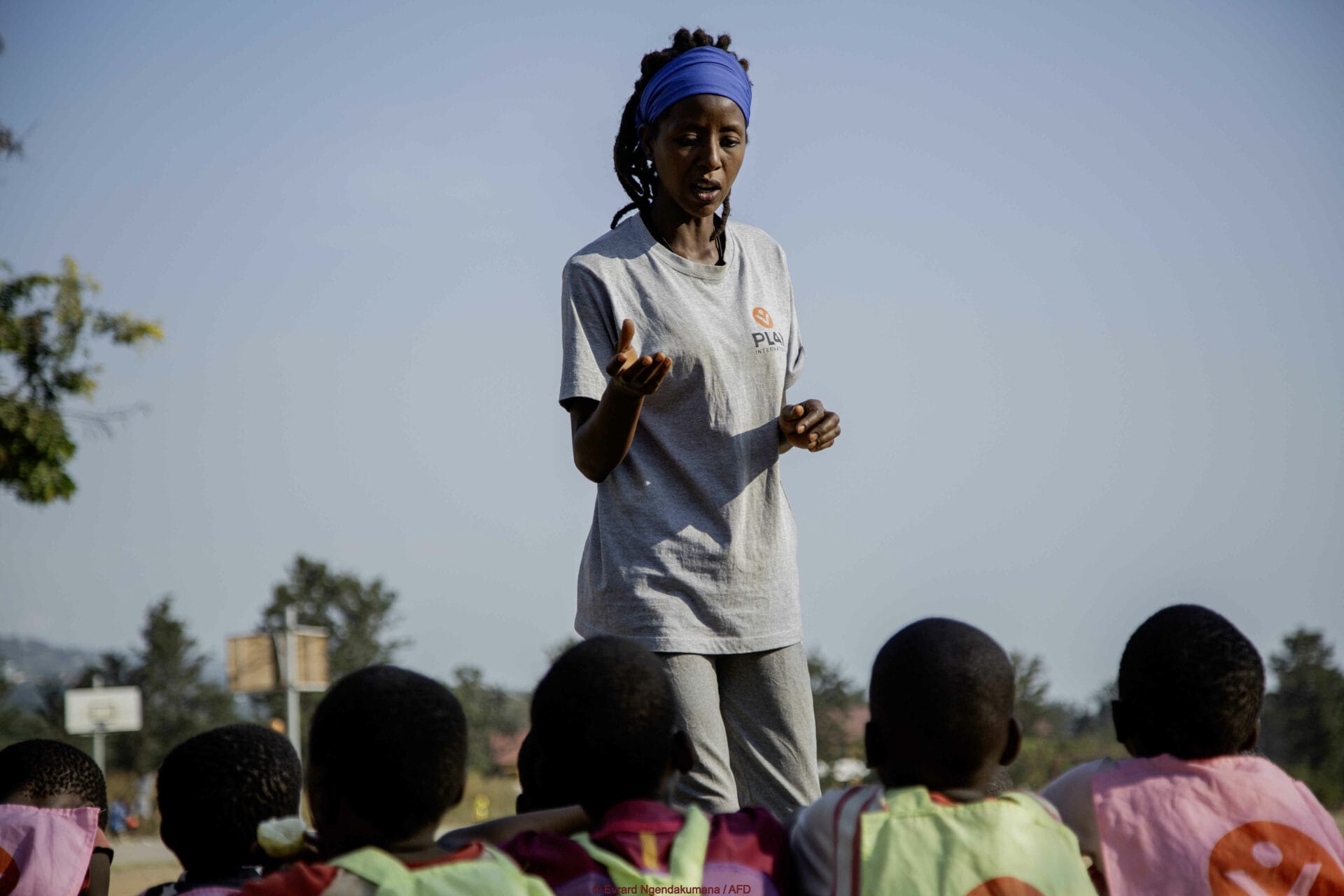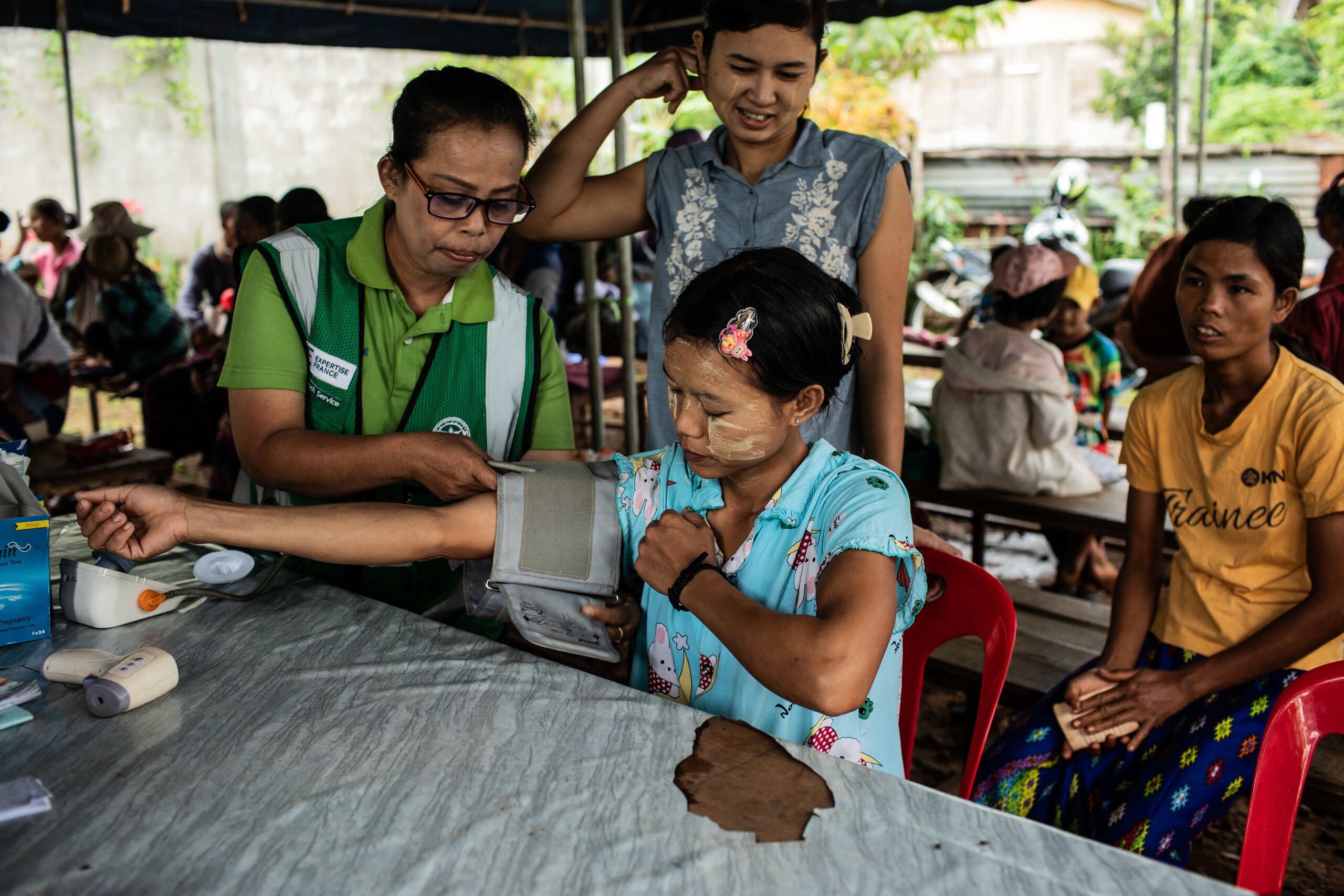In line with its actions and commitment to strengthening human resources for health, L’Initiative is organizing a “TB Masterclass” at the end of 2023. The purpose of the “TB Masterclass” is to provide high-quality, comprehensive training, ranging from basic research to social sciences, with the aim of strengthening human resources in health, targeting young Francophone researchers located in sub-Saharan Africa, Madagascar, and Comoros. This diverse training will also contribute to the creation of a network of young researchers on tuberculosis, in addition to L’Initiative interventions: technical assistance, financing of implementation, and operational research projects.
Practical information
The TB Masterclass targets young researchers (under 40 years old at the deadline for submission of applications, May 31st, 2023) from French-speaking African countries eligible for L’Initiative, with the exception of Mauritius, i.e., Algeria, Benin, Burkina Faso, Burundi, Cameroon, Comoros, Congo, Ivory Coast, Djibouti, Gabon, Guinea, Madagascar, Morocco, Mauritania, Niger, Central African Republic, Democratic Republic of Congo, Rwanda, Senegal, Chad, Togo, and Tunisia.
Coming from different backgrounds (medicine, pharmacy, biology, public health, veterinary, social sciences…), they have already started or are beginning their research work in the field of tuberculosis.
This training aims to support the structuring of research in the target countries, so candidates must be recommended by an institution involved in TB research in the country (e.g., national TB control program, research institute or public health, LNR TB…).
The training is limited to 30 participants.
When?
The training will take place over six days between late November and early December 2023 in Yaoundé, Cameroon. Participation fees will be covered by L’Initiative (visa, travel, accommodation, meals).
The exact dates will be communicated soon.
Application Procedures
Applications are open from April 17th to May 31st, 2023 at 12pm (UTC+1).
For any inquiries, please contact us at the following email address: recherche.linitiative@expertisefrance.fr
To apply, download the two files:
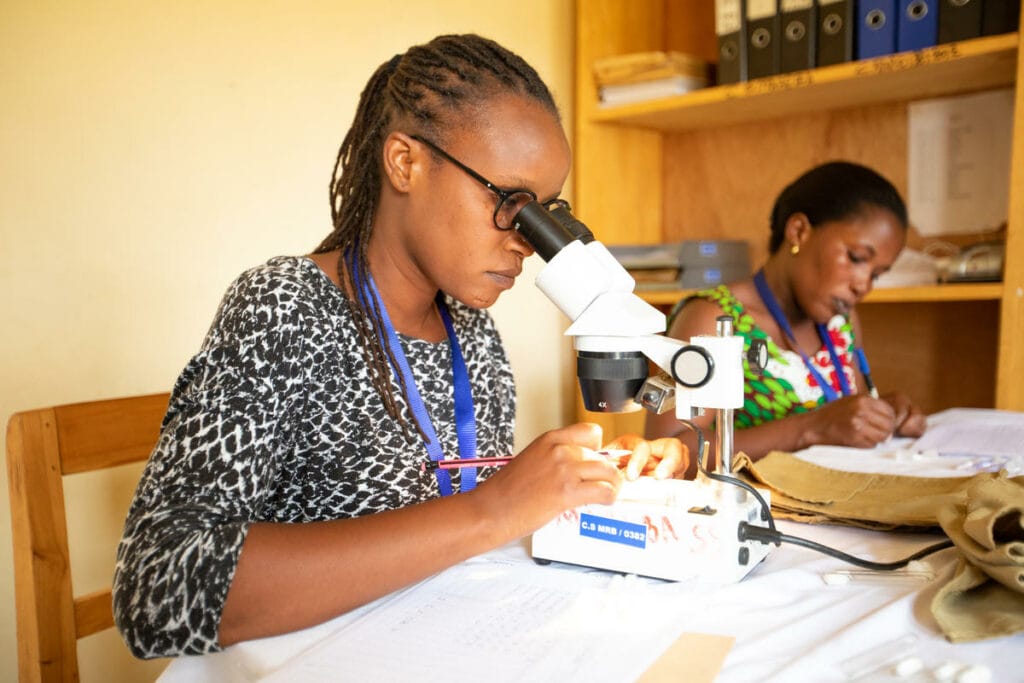
Tuberculosis, a field undergoing major changes
Tuberculosis (TB) continues to be one of the leading infectious causes of death worldwide, with around 1.6 million deaths in 2021 alone (+100,000 compared to 2020, according to the World Health Organization’s global TB report), and is the leading cause of mortality among people living with HIV. This grim picture, overshadowed by the COVID-19 epidemic, nevertheless cannot obscure the renewal that the field of tuberculosis is experiencing, with the development of new diagnostic techniques and therapies.
At the screening level, new molecular diagnostic tests for tuberculosis that are faster and more sensitive than traditional microscope tests are now recommended by the WHO and are increasingly being used in the most affected countries, including in remote laboratory settings. These tests are also capable of detecting drug-resistant forms of tuberculosis, which is a major breakthrough for properly treating these cases. Also in the screening domain, the strip test that detects the presence of lipoarabinomannan (LAM) in urine allows for the diagnosis of tuberculosis in people living with highly immunosuppressed HIV (CD4 count <100 cells/mm3). Finally, in terms of pediatric tuberculosis, the development of molecular tests from stool and nasopharyngeal aspirate samples overcomes the difficulty of obtaining sputum from children, making diagnosis easier in this particularly vulnerable group.
The therapeutic side is also making exciting progress and is more necessary than ever to hope for the eradication of tuberculosis. These advances are crucial because traditional therapeutic regimens often involve long (several months) and restrictive treatments with frequent side effects. These shorter therapeutic regimens (whether for the treatment of multi-drug-resistant strains, now administered orally, or for preventive treatments of latent tuberculosis) must now be available to all.
The prevention field also remains an area of ongoing development, with the scaling up of strategies for treating latent tuberculosis in those at highest risk of developing active tuberculosis, as well as with more fundamental research to develop new vaccines (the BCG, developed in the early 20th century, has significant limitations in terms of efficacy).
Finally, and this is a crucial development, tuberculosis control actors are beginning to take into account the experiences of patients in the implementation of public health strategies. Stigma associated with the disease is still very prevalent, and various obstacles related to human rights and gender impede access to quality tuberculosis prevention and care services. As the Global Fund recommends, it is “necessary to ensure confidentiality and respect for privacy, to mobilize and guarantee the autonomy of patients and community groups, to address policies related to forced isolation or detention for non-compliance with anti-tuberculosis treatment, and to make efforts to remove obstacles that hinder tuberculosis control services in prisons.”
